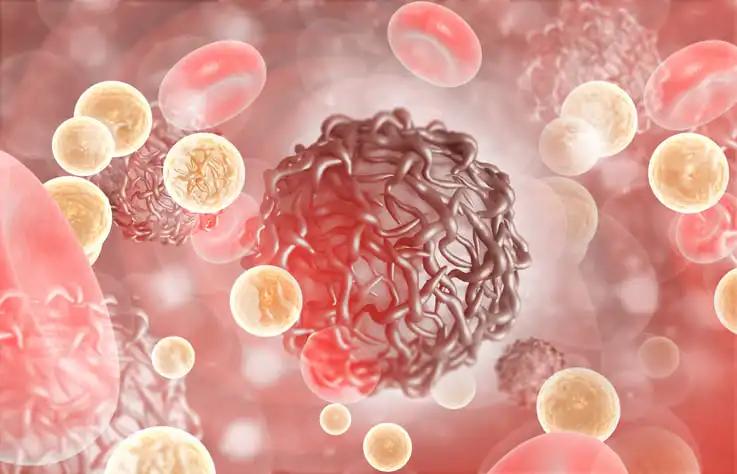KEY TAKEAWAYS
- JANUS is a phase 2 trial aimed at improving patient outcomes by intensifying chemotherapy to increase cCR rates, preserve organs, and enhance their QoL.
- Patients with LARC will be randomized to receive LCRT followed by doublet or triplet chemotherapy.
- The study will assess patients 8-12 weeks after TNT completion for the primary endpoint of cCR.
- The study was activated in late 2022 and is currently open and actively recruiting participants across the NCTN.
Total neoadjuvant therapy (TNT) for locally advanced rectal cancer (LARC) improves compliance with chemotherapy and tumor response, and consolidation chemotherapy after TNT yields better complete response rates. Researchers aim to intensify chemotherapy to increase clinical complete response (cCR) rates, preserve organs, and improve patients’ quality of life (QoL).
The study will enroll 312 patients with LARC. Patients must have microsatellite stable disease, clinical stage T4N0, any T, N+, or T3N0, and a distal margin within 12 cm of the anal verge. Patients will be stratified based on tumor stage (T4 vs. T1-3), nodal stage (N+ vs. N0), and distance from the anal verge (0-4; 4-8; 8-12 cm). They will be randomized to receive either neoadjuvant long-course chemoradiotherapy (LCRT) followed by consolidation chemotherapy (mFOLFOX6 or CAPOX) or triplet chemotherapy (mFOLFIRINOX) for 4 months. LCRT involves 4,500 cGy in 25 fractions over 5 weeks with a fluoropyrimidine (preferably capecitabine) and an additional 900 cGy boost in 5 fractions. The primary endpoint is complete clinical response (cCR), with secondary objectives including disease-free and overall survival, organ preservation time, time to distant metastasis, and adverse effects. Post-treatment assessment will determine further management based on response. Based on cCR, statistical power requires 312 patients (156 per arm) with a one-sided alpha of 0.048 and 90% power.
Biospecimens (archival tumor tissue, matched/normal blood samples, and serial rectal MRI) will be collected for exploratory correlative research. The study was activated in late 2022 and is currently open and actively recruiting participants across the NCTN.
Source: https://meetings.asco.org/abstracts-presentations/225852
Clinical Trial: https://www.clinicaltrials.gov/study/NCT05610163
Jesse Joshua Smith, Arvind Dasari, Qian Shi, Julio Garcia-Aguilar, Hanna Kelly Sanoff, Thomas J. George, Theodore S. Hong, Greg Yothers, Philip Agop Philip, Garth D. Nelson, Tareq Al Baghdadi, Olatunji B. Alese, Eileen Mary O’Reilly, Jeffrey A. Meyerhardt, Ardaman Shergill, Natally Horvat, Paul Bernard Romesser, and William A. Hall. Journal of Clinical Oncology 2023 41:16_suppl, TPS3640-TPS3640.



